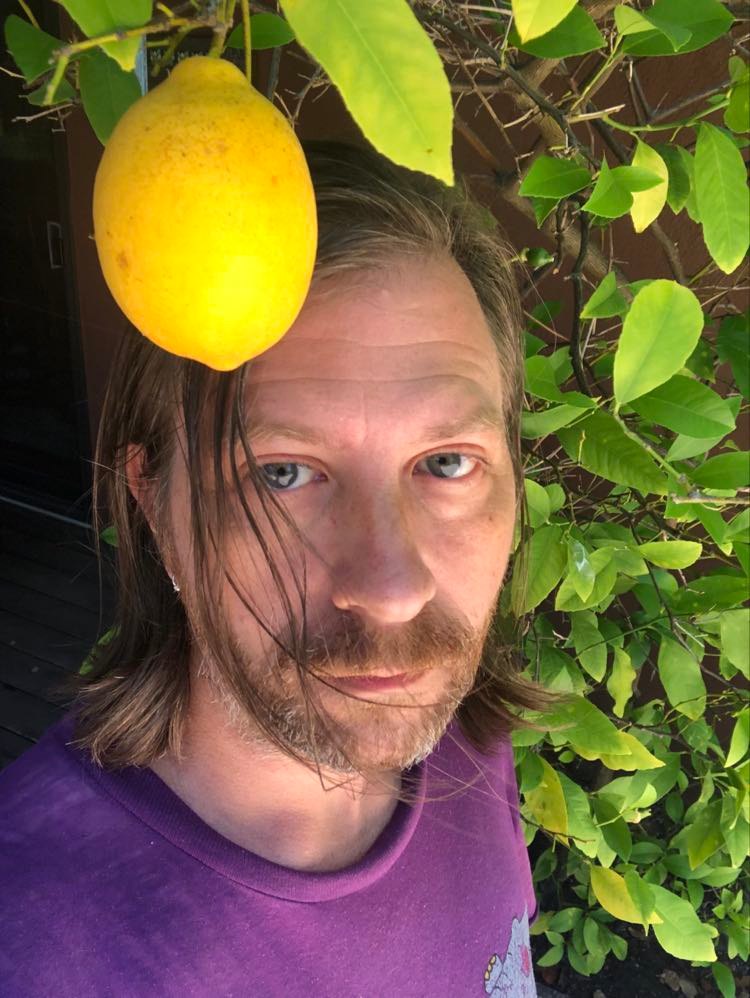"Queer Goblins: As If There's Any Other Kind"
In 2022, Oxford Dictionary chose “Goblin Mode” as the word of the year. The term goblin mode describes an orientation towards unkemptness that defies and rejects social norms and expectations. The rise in prominence of goblin mode, and subsequently the image of the goblin, signals a kind of dishevelment to narratives of heteropatriarchal capital accumulation. While thinking about the surging popularity of goblins and their mode, this presentation seeks to trace the long history of the queerness of goblins. From the goblins in Christina Rosetti’s “The Goblin Market” to David Bowie’s alluringly tight pants, the goblin appears as a liminal and beckoning figure, who often embodies desires that disrupt familial structures and social reproduction.
Dr. Grattan will deliver his lecture, which will be followed by a discussion circle. Please join us following our opening lecture of the Spring 2023 "Occult Natures" series with Cultural Studies!
Sean Grattan is a Lecturer of English at the University of Arizona and the author of Hope Isn’t Stupid: Utopian Affects and Contemporary American Literature (University of Iowa Press, 2017). His work has appeared in various journals including GLQ, minnesota review, Cultural Critique, and Mediations as well as edited collections such as Life in Plastic: Artistic Responses to Petromodernity (2021) and Noir Affect (2020). He is currently working on a second monograph titled Aesthetics of the Fucked: Scale, Affect, and Apocalypse.
Series Description
Magic is everywhere. From sage smudging witches to the sorcery schools of young adult fantasy series, magic makes up a significant part of contemporary culture and yet has no theory of its own. This lecture series will engage a range of topics in the esoteric and the occult with the intention of developing a platform for occultural studies in the humanities.
Our theme sets in motion a range of ostensibly opposed concepts: science and religion, the material and the immaterial, fact and fabulation, spirituality and sexuality. Engaging scholars, artists, and practitioners in an examination of these binary terms, we continue the critique of nature as a timeless given undertaken by feminists, ecocritics, and science studies scholars for several decades, but with particular attention to the recent wave of scholars of color for whom the distinction between science and its folk opposites is itself a mythological construction and a prop for coloniality. Topics in this series move in several ways through the undoing of these binaries: by taking seriously the variety of esoteric sciences as modes of knowledge-production and world-making; by considering the occult dimensions of nature, or what might emerge by approaching nature aesthetically, affectively, spiritually, supernaturally, or from what Sylvia Wynter calls the “demonic grounds” of practices marginal to the formal sciences; and finally by looking at the weirdness of science-itself, its own occulted aspects. All lectures will take place on Wednesday afternoons at Bishop Bar.


